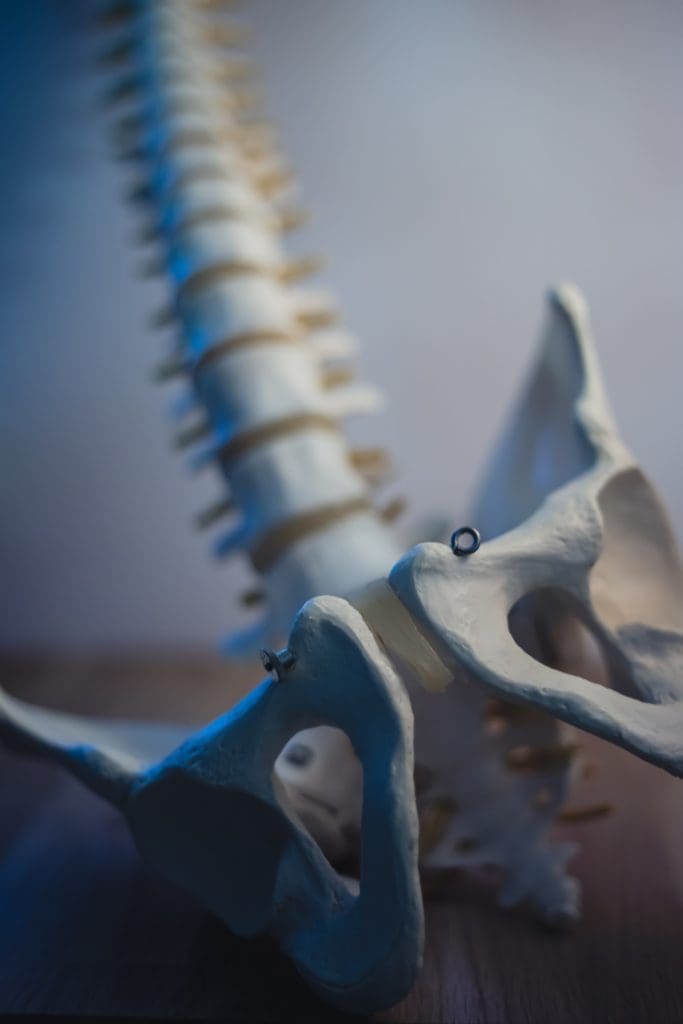Half of adults over the age of 50 are at risk for broken bones. Maintaining healthy bones is important for a long healthy life.
Osteoporosis (OP) is a condition of weakened bones. Thin bones are at risk for fractures. OP screening can be an important part of staying healthy. Early disease detection and treatment may prevent complications later. Broken bones are painful and costly. Luckily, screening tests like the Dual-Energy Xray Absorptiometry (DEXA) scan alert doctors of problems early.
DEXA scans or other OP screening tests are advised for some at-risk groups. To find out if you should be concerned about bone testing today, read on.

OP is more common in adults than you may believe. One health department called it a major public health threat.
OP screening may prevent:
People with OP may not know anything is wrong until they suffer an injury. With advanced bone disease, normal activities can cause bones to break. Studies have shown that many patients do not get the right treatment for low bone density (LBD) despite the great prevalence, complications, and costs of fractures related to bone disease.
Therefore screening tests for bone loss are important to your health. Doctors or specialists can diagnose problems with weak bones before they become serious.
OP affects one-in-three women above 50 years old. It is also a serious condition for men.
It is best to talk to a doctor about when to get a screening test. They can explain the test and treatment options. Physicians will also answer questions about what to expect.
Currently, we have a few recommendations for OP screening.
The NOF advises a DEXA scan of the hip and spine for:
Also, they also encourage testing in those with:
The ISCD has similar guidelines. They recommend DEXA scan of the hip and spine for the same groups above, but also in:
AACE recommends a DEXA scan for
The AACE says that the lumbar spine and proximal femur are the best sites for testing.
The USPSTF recommends screening for OP in women 65 years or older. Also in younger women with certain risk factors. At this time the USPSTF does not have a recommendation for men.
ACOG currently urges screening for women 65 or older and those under age 65 with risk factors for fracture. They also say physicians should screen patients using the FRAX tool to define their risk of a major fracture.
The FRAX® tool evaluates fracture risk in patients. Based on the score, a 9.3% or higher risk should be referred for a DEXA scan.
The DEXA scan is a quick and reliable test for measuring bone mineral density (BMD). It aids in the diagnosis of OP.
The scan usually takes around 15 minutes. And it doesn't hurt. First, the patient lies down on an open table.
Next, a scanner passes over the body. It sends two X-ray beams. And the machine tells how the rays pass through the bones. This shows how thick or thin they are. The results give the doctor a good idea of how healthy the bones are.
Like other medical tests, a DEXA scan is ordered by a healthcare professional. Typically, doctors or specialists can write a prescription or send a referral. Virtual doctors and online physicians can also arrange this test for their patients.
OP screening may be a part of your yearly check-up. Or it can be used to check on certain risk factors.
Thanks to telemedicine, it is now fairly easy to get this important test. An online doctor can tell you about OP screening and answer your questions. Online appointments are convent. Patients meet doctors from wherever they are, on a mobile device or smartphone.
My Virtual Physician offers screening consultations at little or no out-of-pocket cost. They can order blood tests, imaging or scans, X-rays, and more. And in some cases, same-day appointments are available.
Many screening tests are covered by health insurance or medical benefits. Check with your insurance to see if any out-of-pocket payment is required. Medicare pays for bone density testing every two years for adults over 65 with some risk factors.
My Virtual Physician offers full preventive care services for men and women. To talk with one of the top physicians, click to book an appointment now. The MVP caring experts help patients with screening plans that are tailored to their healthcare needs.
If you have ideas for other topics you want to read about, let us know! Don’t forget to follow us on social media.
Sources: